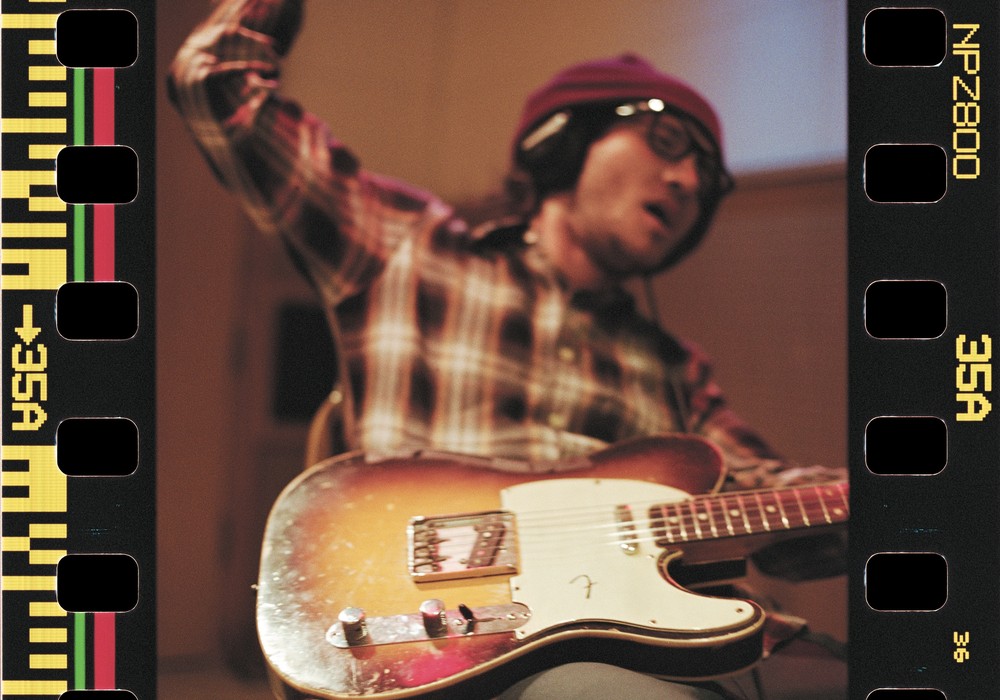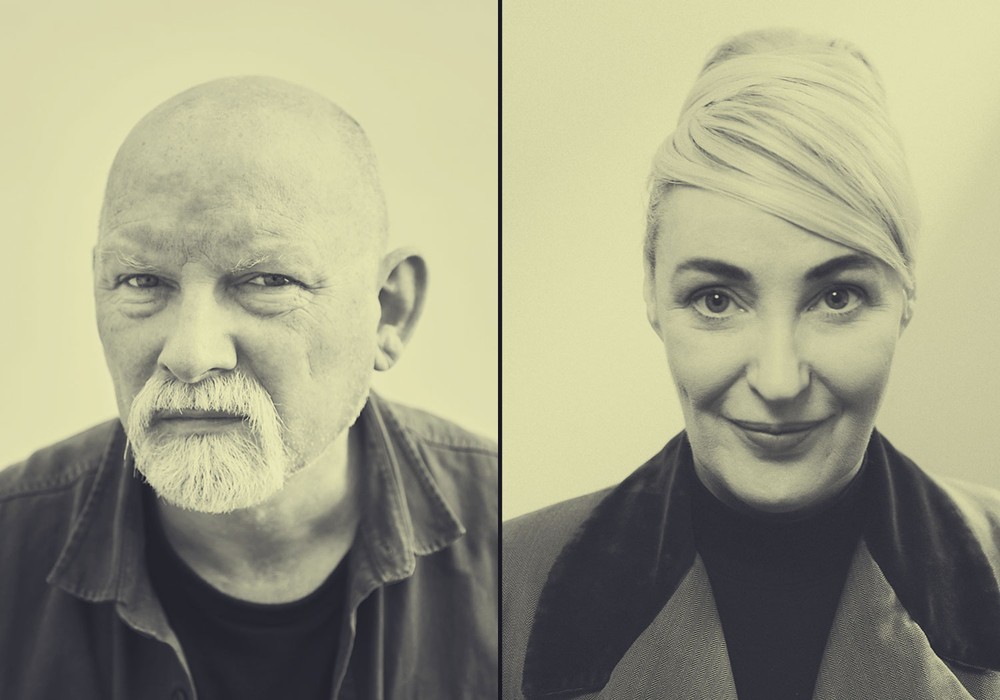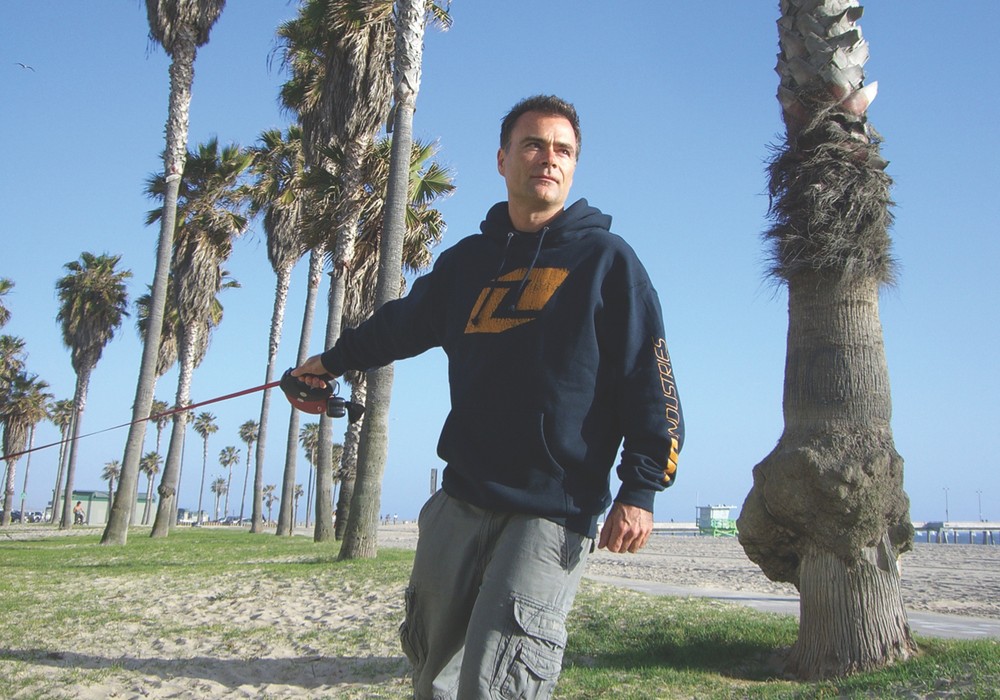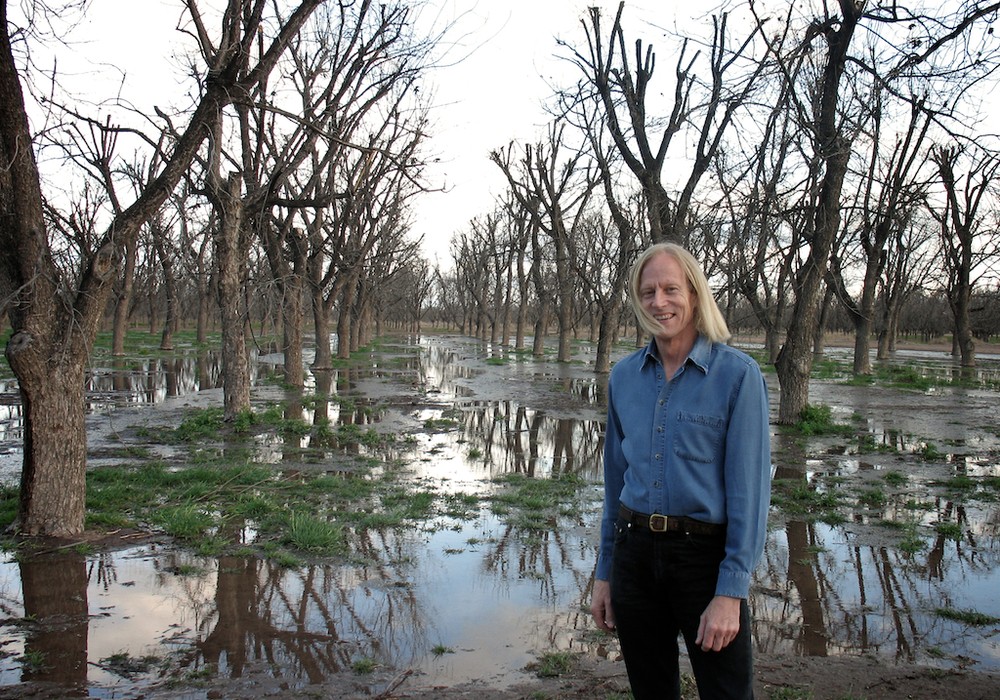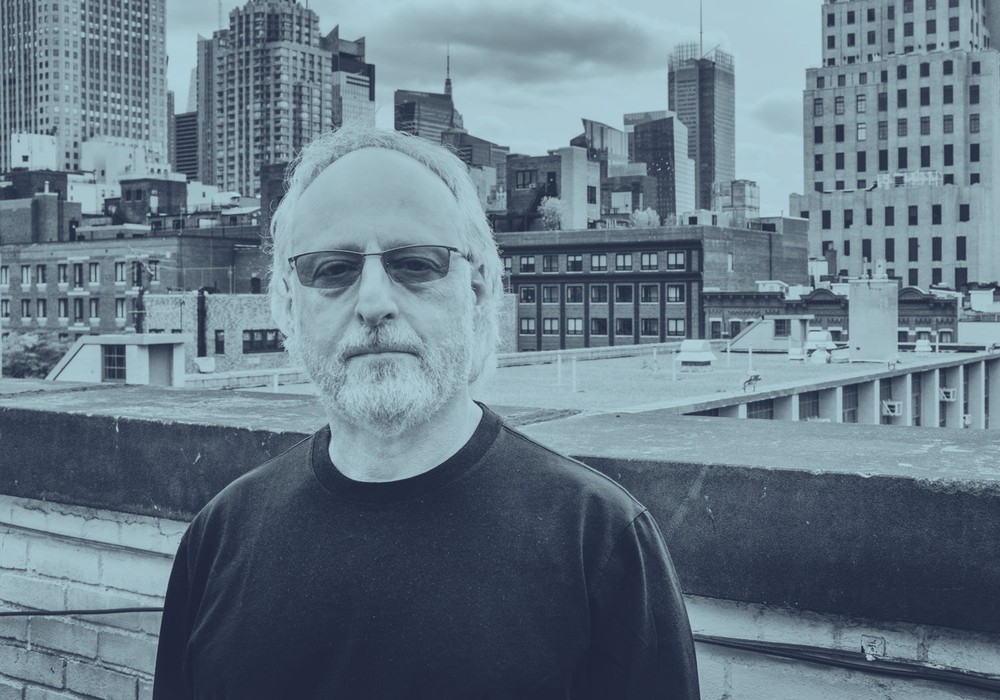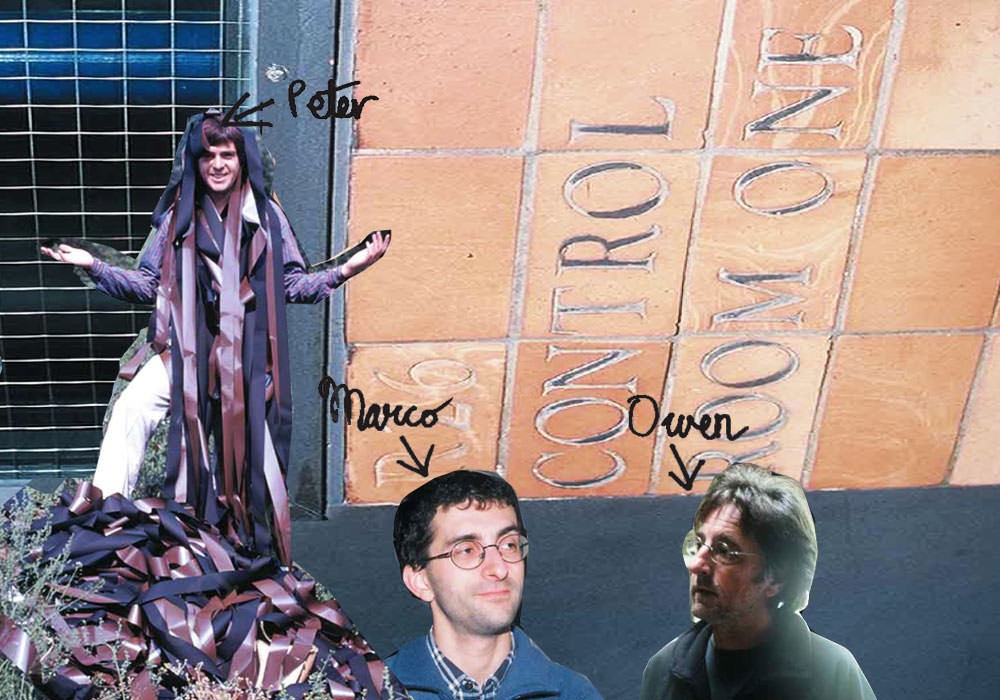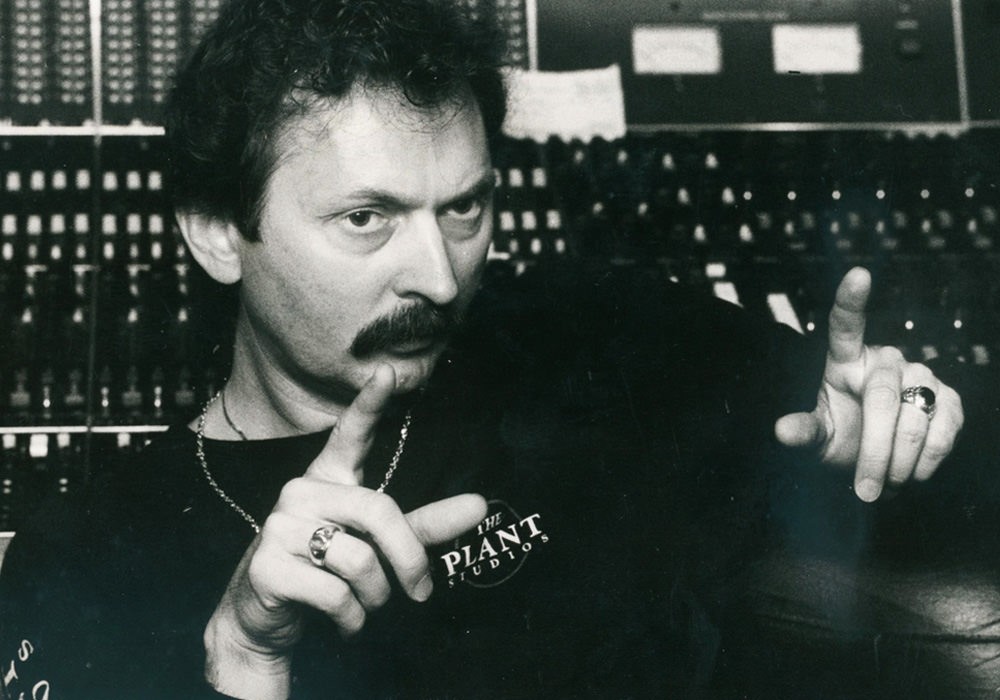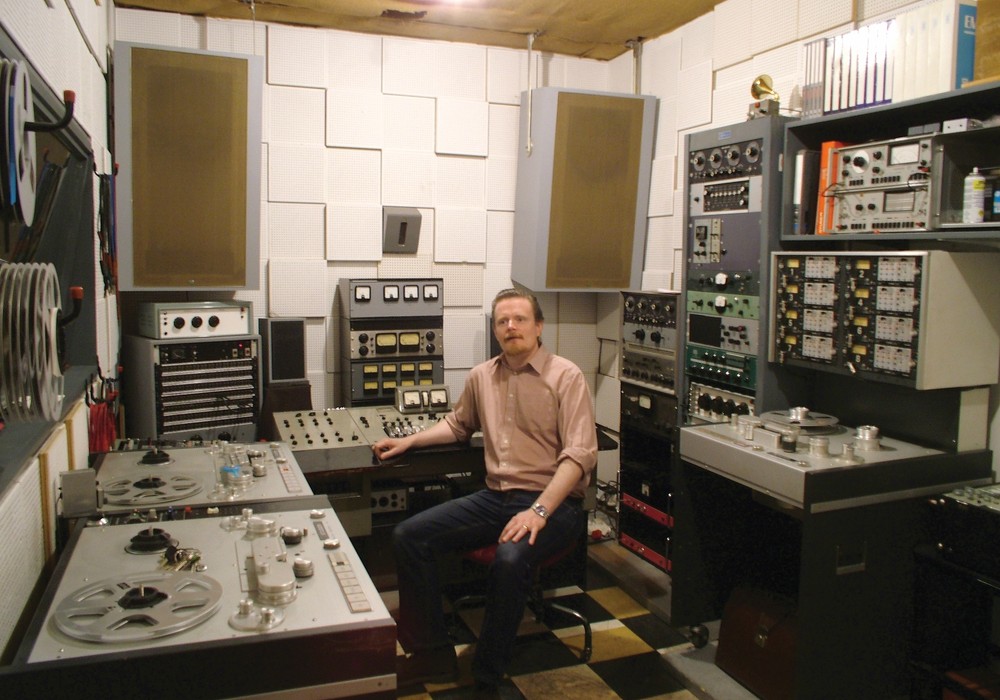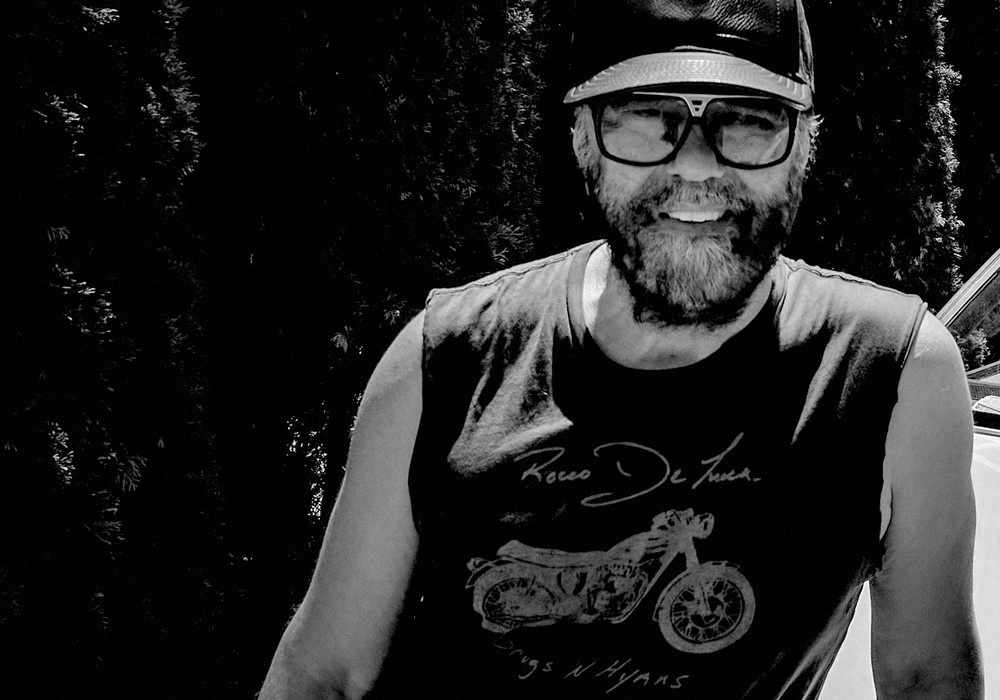Sloan's Never Hear The End Of It (NHTEOI) and their new album, Parallel Play, were both recorded in the band's rehearsal space by their long-time soundman, Nick Detoro.
How did you learn recording? Did you have a teacher or mentor?
I went to recording school, but I also went around with my 4-track recording friend's bands. I'd do live gigs, demos, anything. Eventually I ended up in recording school instead of college. From there I went directly into live sound, not recording. While I appreciated the idea of being an apprentice, I had bills to pay and didn't want to sling coffee in a studio. I hauled gear and loaded trucks for ten years instead, but I got a paycheck doing it.
What was your first big recording project?
In 1996, I worked with a woman on a project called Blue. I was in the band. Then I worked with a Toronto band called Grace. That was the first big project I did where I wasn't in the band. They needed an engineer and producer. They called me up and said, "We've talked about it and we've decided we want you to do it."
And you were still doing live sound at the time?
Yes. I ended up doing live sound with Sloan, and that led to helping them with some demos. Eventually I ended up doing their record, so it worked out great. Hell, they already knew how to push me around. [laughs]
When did you start referring to yourself as a "recordist"?
Not until I heard the completed, mastered copy of Never Hear The End Of It. Throughout your entire recording career there are times when you feel like a pro and times when you feel like a total hack. I guess being a "pro" means you know what to do to get the job done, and I think I'm pretty solid there, no matter what the job is. That applies to any job in any field. I feel like I really got the job done with NHTEOI though.
How did you find out you were going to record NHTEOI?
In November 2005, I was doing some demos with Chris [Murphy], which eventually ended up on NHTEOI. Earlier, when we were on the road, he joked around when he'd play me a song by saying, "Pretend you're my producer and tell me what you think of this song." Even joking around I was totally into the idea. I made it clear that I would record his demos at any time. I guess he decided he trusted me, because we eventually did the demos. He said, "I wish you'd just go ahead and do the record." Of course, going from one guy in the band saying that to officially being on board are two different things, but I started to hear rumblings that I was "an option." We were in Spain, in 2006 near the end of a tour, and Mike [Nelson, Sloan's manager] came up to me and said, "You're doing the record. At the practice space... if you want to." I asked when, and he said, "Two weeks!"
You were tasked with prepping a practice space in two weeks to record a national release?
Absolutely. They had recorded in there before, but I needed to decide what to buy, how many mics to rent. I had to put it down on paper and then get it into the space. It was stressful. I think I made some good decisions in the end. I had a different level of stress this time though. In the past, with friend's records, I didn't have to worry about singles getting approved by the record company.
When you were acquiring gear, what were some key pieces you knew you needed to get, and what was already there?
We had eight channels of MOTU conversion, which is mid-level at best. I could deal with that, but I knew I needed 16 inputs to do bed tracks. So I rented eight more channels of conversion. We rented eight preamps for various things: snare, snare bottom and toms. I wanted them to go through decent pres, and not the MOTU ones.
What did you use?
I can't remember all of the mic models, but I had: two Avalon, two Chandlers, two Great Rivers and two Focusrites. I used the Avalons on the...


